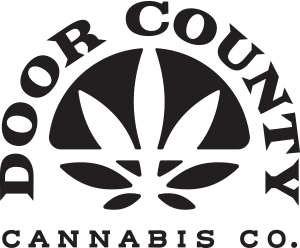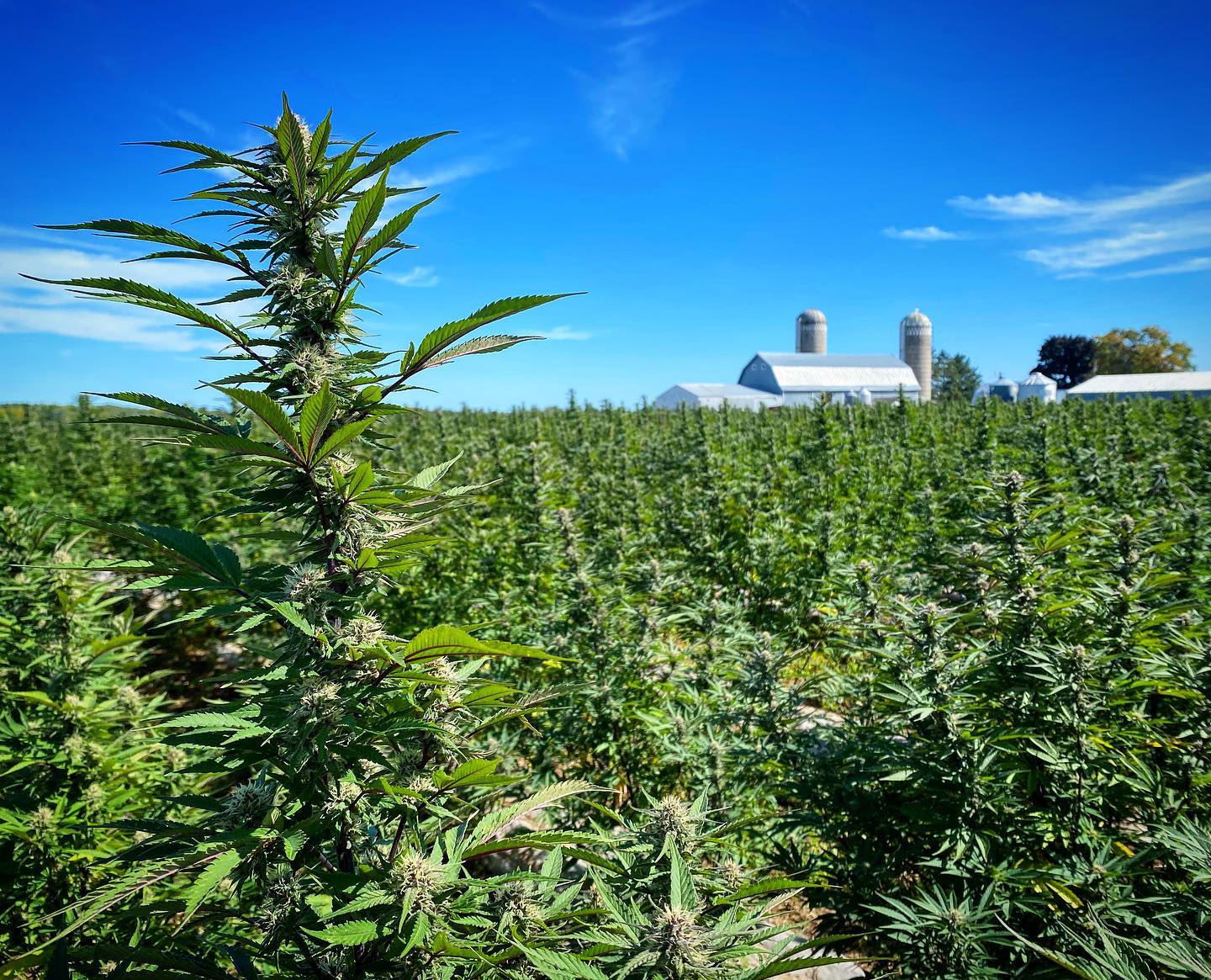The Future of Hemp, CBD, and Delta-8 THC: What the 2024 Farm Bill Could Mean for the Industry
As the landscape of hemp, CBD, and hemp-derived cannabinoids like Delta-8 and Delta-9 THC continues to evolve, both consumers and businesses are looking to the upcoming 2024 Farm Bill for guidance. With potential changes to federal and state regulations, understanding the implications for compliance, product safety, and accessibility is crucial. This post dives into the current regulatory landscape, the key changes on the horizon, and what they mean for the hemp and CBD industry.
The 2024 Farm Bill and Potential Impact on Hemp-Derived THC
The 2024 Farm Bill stands to redefine the future of hemp and its derivatives. Initially anticipated for passage by September 30, 2024, this critical legislation has received an extension, giving lawmakers more time to fine-tune the details. Key proposed changes include:
- THC Limits in Hemp Products: The Farm Bill may introduce tighter restrictions on total THC content in hemp-derived products, specifically targeting intoxicating compounds like Delta-8 and Delta-9 THC. This aims to strike a balance between allowing hemp-derived cannabinoids and safeguarding consumers.
- Clarification on Intoxicating vs. Non-Intoxicating Cannabinoids: With growing consumer interest in cannabinoids like Delta-8, there is a push to create clearer distinctions between intoxicating and non-intoxicating compounds within the legal framework. This would provide greater transparency and help consumers make more informed choices.
These changes suggest a future where stricter controls could shape how hemp-derived cannabinoids are formulated, marketed, and sold. Federal legislation would give businesses more concrete guidelines while helping consumers understand what they’re buying.
State-Level Changes: A Closer Look at Hemp-Derived THC Regulation
While the Farm Bill establishes a federal framework, several states are already taking action to regulate hemp-derived cannabinoids. Here’s how a few states are leading the charge:
- California: With a focus on consumer safety, California has proposed emergency regulations that would require rigorous testing and labeling for Delta-8 THC products. This move could become a model for other states looking to balance product accessibility with stringent safety measures.
- New Jersey: Recent rulings around Delta-8 THC seltzers in New Jersey hint at stricter oversight of consumable hemp products, with some being regulated in ways similar to marijuana. This trend indicates that states may soon enforce similar controls for THC-containing edibles and beverages derived from hemp.
- Texas: Texas, a traditionally conservative state for cannabis policy, is closely monitoring the federal government’s stance. Any significant regulatory updates in the Farm Bill could directly influence how Texas and similar states handle hemp-derived cannabinoids.
These state-level actions emphasize the importance of compliance for businesses and signal that regulatory shifts are likely to become the norm in the hemp and CBD sector.
FDA and FTC Compliance: Why It Matters for Hemp Businesses
Beyond state and federal laws, compliance with FDA and FTC regulations is essential for hemp and CBD businesses. Both agencies demand that health-related claims must be truthful, evidence-based, and non-misleading.
- Product Labeling Requirements: Accurate labeling is crucial. Companies must avoid suggesting that products can cure, treat, or diagnose conditions, as such claims are prohibited under federal guidelines. Phrasing like “supports relaxation” or “promotes wellness” is generally safer and avoids the pitfalls of unverified health claims.
- Advertising Compliance: Marketing language should be carefully crafted to maintain compliance. Avoiding exaggerated health benefits not only ensures regulatory compliance but also builds trust with consumers, enhancing brand reputation.
Adhering to FDA and FTC guidelines helps hemp businesses avoid legal repercussions and enhances credibility, which is increasingly important as consumer awareness grows.
Source: New Bill Regulating Legal Hemp
The Future of Delta-8 and Delta-9 THC Products: Safety and Standardization
With an increasing focus on product safety, Delta-8 and Delta-9 THC are likely to see new standards for testing and labeling. The Hemp Advancement Act, which aims to distinguish between intoxicating and non-intoxicating cannabinoids, suggests that federal agencies like the FDA will take a more active role in ensuring product safety.
- Testing Requirements: Future regulations may enforce stricter testing protocols, ensuring that products containing Delta-8 and Delta-9 THC meet high safety and quality standards. This will not only protect consumers but also help businesses create products that align with legal guidelines.
- Labeling Standards: Clear labeling will become a standard, making it easier for consumers to understand exactly what they’re purchasing. Businesses will need to align with these standards to build consumer trust and comply with evolving regulations.
These changes hint at a shift towards a more controlled, transparent market for hemp-derived THC products, supporting consumer confidence and safeguarding public health.
Source: Hemp Industry Organizations Unite on Key Objectives for 2024 Farm Bill
What This Means for Consumers and Businesses
As regulations evolve, both consumers and businesses must stay proactive:
- Consumers: Staying informed about these regulatory changes is essential. Whether you’re buying CBD for wellness or Delta-8 products for relaxation, look for transparent labeling and third-party testing to ensure quality and compliance.
- Businesses: Proactively aligning with compliance requirements is key. By staying ahead of regulatory changes, companies can avoid legal risks and maintain consumer trust. Engaging with compliance specialists or legal experts can be invaluable in navigating these changes.
At Door County Cannabis Co., we are committed to producing high-quality, compliant products that you can trust. As these regulatory updates unfold, we’ll continue to keep our customers informed.
What’s Next for the Hemp and CBD Industry?
The evolving landscape for hemp, CBD, and Delta-8 and Delta-9 THC underscores the importance of staying informed and adaptable. The 2024 Farm Bill, along with state and federal regulations, is expected to bring about new standards that will shape the industry’s future. By focusing on compliance, transparency, and consumer education, businesses can not only survive but thrive in this rapidly changing market.
For further reading on this topic, explore these additional resources:
- Farm Bill 2024: Hemp, Delta-8, THCA, Legal Weed in Texas
- US Senate Democrats Forgo Addressing Intoxicating Hemp in 2024 Farm Bill Summary
- Congress Accidentally Legalized Weed Six Years Ago
By following these developments closely, consumers and businesses can navigate the shifting regulatory landscape with confidence and clarity. For more updates and product information, visit us at Door County Cannabis Co.


